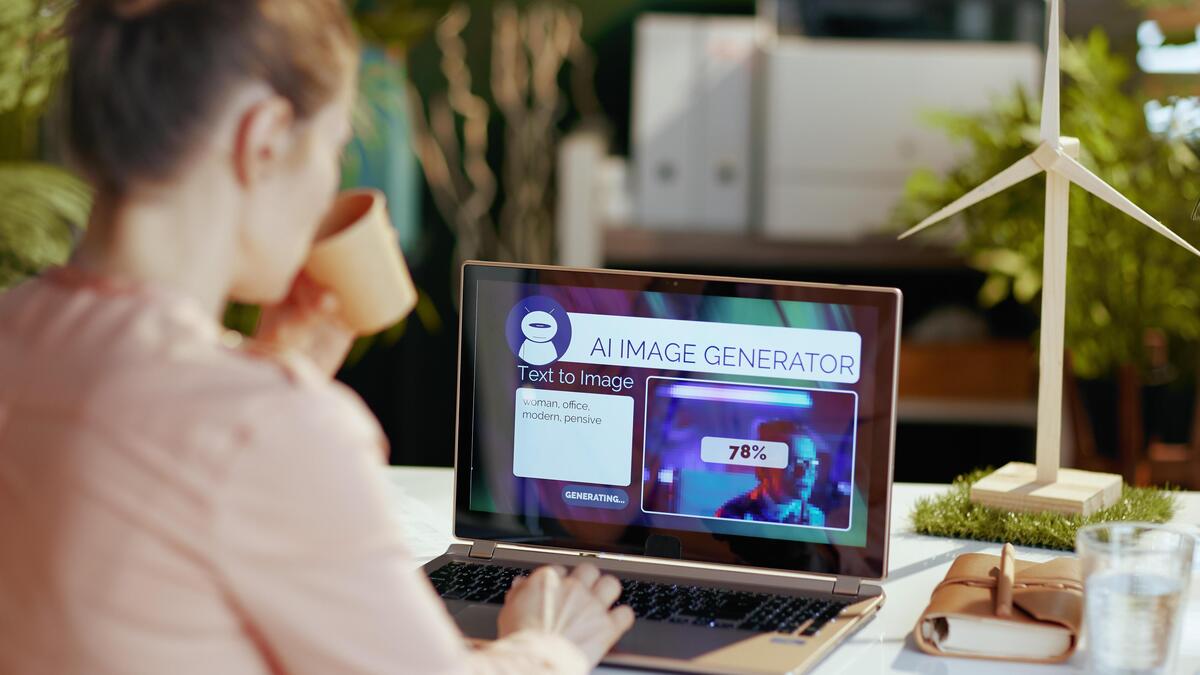Unions urge UK to better regulate AI

The UK’s unions have warned that the country is falling behind in protecting workers from artificial intelligence, unlike in mainland Europe, where the EU has drafted legislation to regulate it.
The TUC said the UK had no solid plans to regulate the use of AI in hiring, firing and setting work conditions. The union has asked a taskforce to draft legal protections.
The government’s stated position on AI is for a light-touch, pro-innovation regulatory regime. In March this year, it laid out its ambition to make the UK an “AI superpower” in the form of a white paper and consultation, which closed late in June. It says its aim is to leverage the development and proliferation of AI technologies to benefit the UK’s society and economy. It will host a “global summit” on AI in autumn 2023.
The EU, however, has set out several risks with the technology that it will seek to prevent. Among the “unacceptable risks” are the cognitive behavioural manipulation of people or specific vulnerable groups: for example, the classification of people based on behaviour, socio-economic status or personal characteristics – so-called “social scoring”. It also wants to regulate real-time and remote biometric identification systems, such as facial recognition.
Generative AI, such as ChatGPT, would have to comply with transparency requirements under the EU proposals. This would include disclosing that the content was generated by AI, designing the model to prevent it from generating illegal content and publishing summaries of copyrighted data used for training.
The EU envisages that AI systems in the fields of employment, worker management and access to self-employment will be will be assessed before being put on the market and also throughout their lifecycle, as they are deemed high risk.
Mary Towers, employment rights policy officer at the TUC, said: “The types of decisions that are being made by AI are significant and life-changing – for example, who should get a job, how work is carried out where it’s carried out.”
She added that the EU had moved ahead with its AI Act, leaving the UK trailing in its wake. “In this country, we don’t have any equivalent,” she said.
Meanwhile, Octopus Energy has claimed success in its deployment of AI to deal with customer queries. Chief executive Greg Jackson said it was doing work that would otherwise need an extra 250 people.
He said: “An email written by our team members has a 65% satisfaction rating from customers,” he said. “An email written by AI has an 80 or 85% satisfaction rating. And so what the AI is doing is enabling our team to do a better job of serving customers at a time of great need.”
Jackson added: “But we have to ensure this is all done responsibly. And we need governments and economists and businesses to be ensuring that we’re doing this by enhancing and creating jobs, not replacing them.”
A government spokesperson said: “AI is set to fuel growth and create new highly-paid jobs throughout the UK, while allowing us to carry out our existing jobs more efficiently and safely.
“That is why we are working with businesses and regulators to ensure AI is used safely and responsibility in business settings.”
Latest HR job opportunities on Personnel Today
Sign up to our weekly round-up of HR news and guidance
Receive the Personnel Today Direct e-newsletter every Wednesday
Browse more human resources jobs
For all the latest Technology News Click Here
For the latest news and updates, follow us on Google News.
